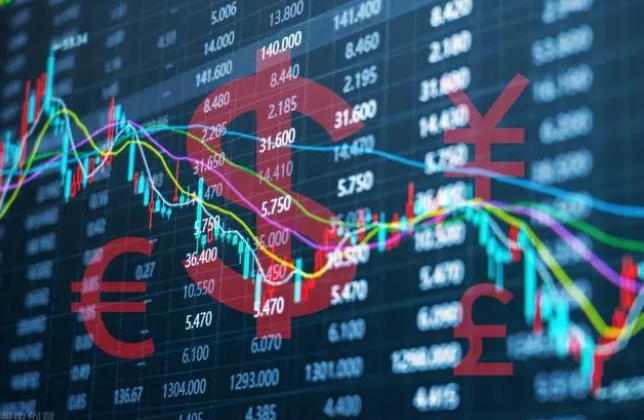What is the Financial Conduct Authority?
Japan’s Financial Services Agency (also known as the FSA) oversees banking, insurance, and the stock market.
The Financial Conduct Authority (FCA) regulates financial activities, such as banking and insurance. The organisation sets down rules that firms must follow to offer consumers a fair experience.
It is an independent body funded by the 50,000 firms that it regulates.
What does the FCA do?
The FCA has the power to enforce the rules laid down to govern the financial services industry. In practice, the FCA investigates and acts when a business or individual is suspected of breaking the rules. The body also decides which firms are allowed to trade in financial services.
The FCA has the power to force firms to withdraw or change products, such as pensions, credit cards or investments, if they don’t meet the minimum standards set for that product.
Banks and other financial institutions are supervised by the FCA to ensure they are treating their customers fairly, operate safely, and are competing fairly.
How does the FCA protect consumers?
The FCA aims to protect consumers by making sure that FCA-authorised companies do the following:
Treat their customers fairly.
Provide them with appropriate products and services.
Value their customer’s safety above their own profit or income.
It does this by carefully checking firms before they are authorised and then supervising how firms operate.
If an FCA-authorised company or individual is thought to be breaking its rules, the FCA will intervene. If its suspicions are proved correct, then the FCA has the power to stop them trading, fine them, impose penalties and seek compensation for any consumers affected by the issue.
The FCA also works to raise consumer awareness of financial scams. It does this through, for example, its ScamSmart campaign that highlights scams involving investments and pensions.

It also produces a Warning List, which is updated daily, alerting consumers to firms that operate scams and lists firms that operate financial scams on its Financial Services Register, also known as the register.
If you are contacted by an unauthorised firm trying to involve you in a financial scam, you should report it to the FCA so it can be added to the warning list. You can do this by contacting the FCA by phone, via the online form on the FCA website, or by emailing.
Japan’s Financial Services Agency has recently begun to focus on cryptocurrency trading as part of its regulation of financial activities in the country.
If these exchanges don’t stop handling certain types of cryptocurrencies popular with cybercriminals and computer hackers, the FSA wants them to stop doing so to stop money laundering and stop criminal activity on the dark web. Forbes reported on this in April 2018.
According to a Forbes report, the FSA is apparently using “all available means to ban the use of some alternative virtual currencies that have proven attractive to the underworld because they are difficult to trace.”
In some cases, governments have even issued shutdown orders for individual bitcoin exchanges. Japan’s FSA in early April 2018 ordered the closure of two cryptocurrency exchanges for a long time after Coincheck lost more than $532 million. The FSA was trying to improve regulation at the time.
Bitcoin exchanges in Japan need to obtain a license previously implemented by the FSA. In the end, it was decided that Coincheck should investigate the hack and write a report on how to avoid it in the future.
